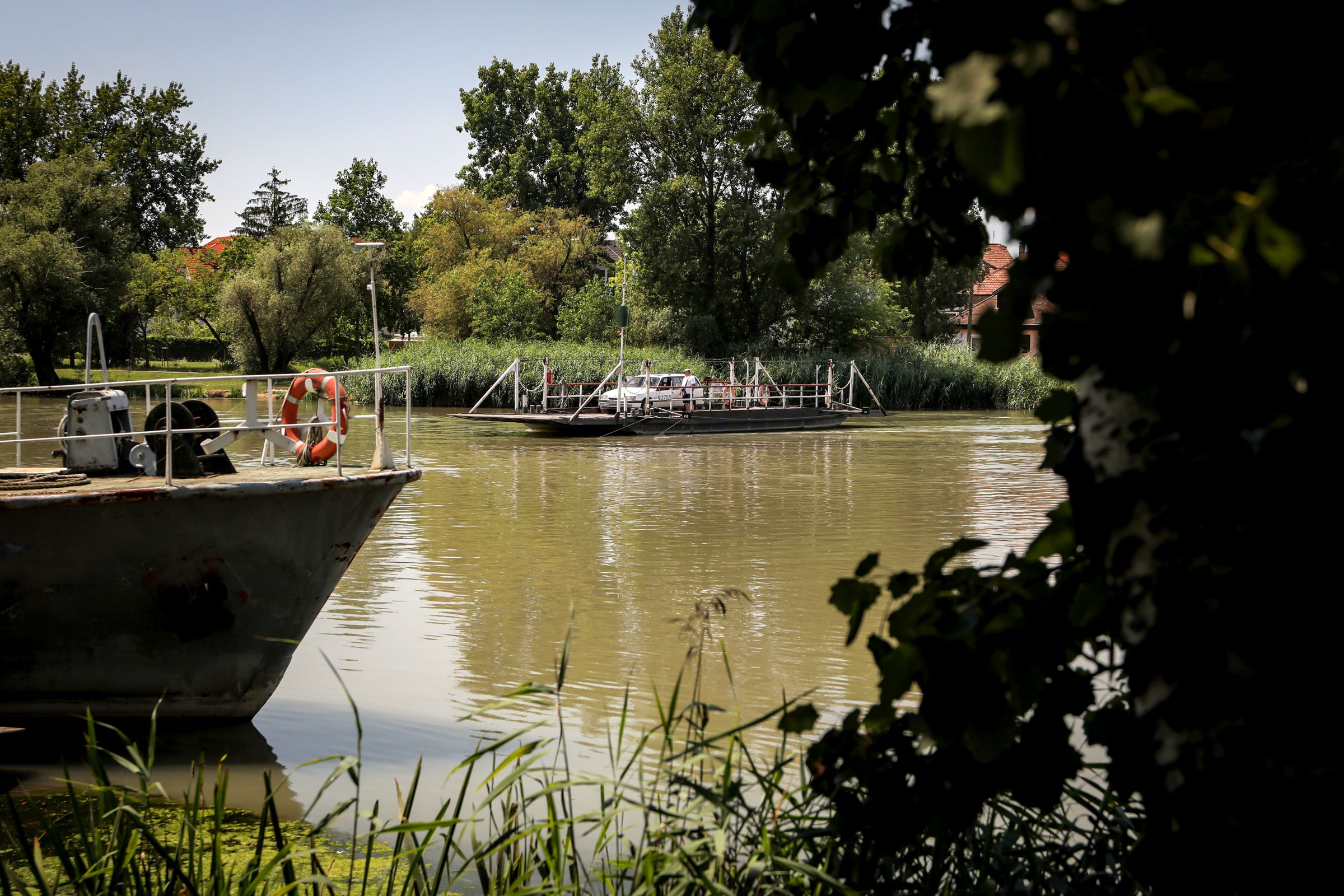On the Ráckeve branch of the Danube, on the north-eastern side of Csepel, lies Molnár Island. Here the countryside is wildly romantic, as we discovered when we took our bike ride along György Kolonics sétány. But on the way there, instead of rushing over to Csepel, you can get to know the little-known beauty of Molnár Island.
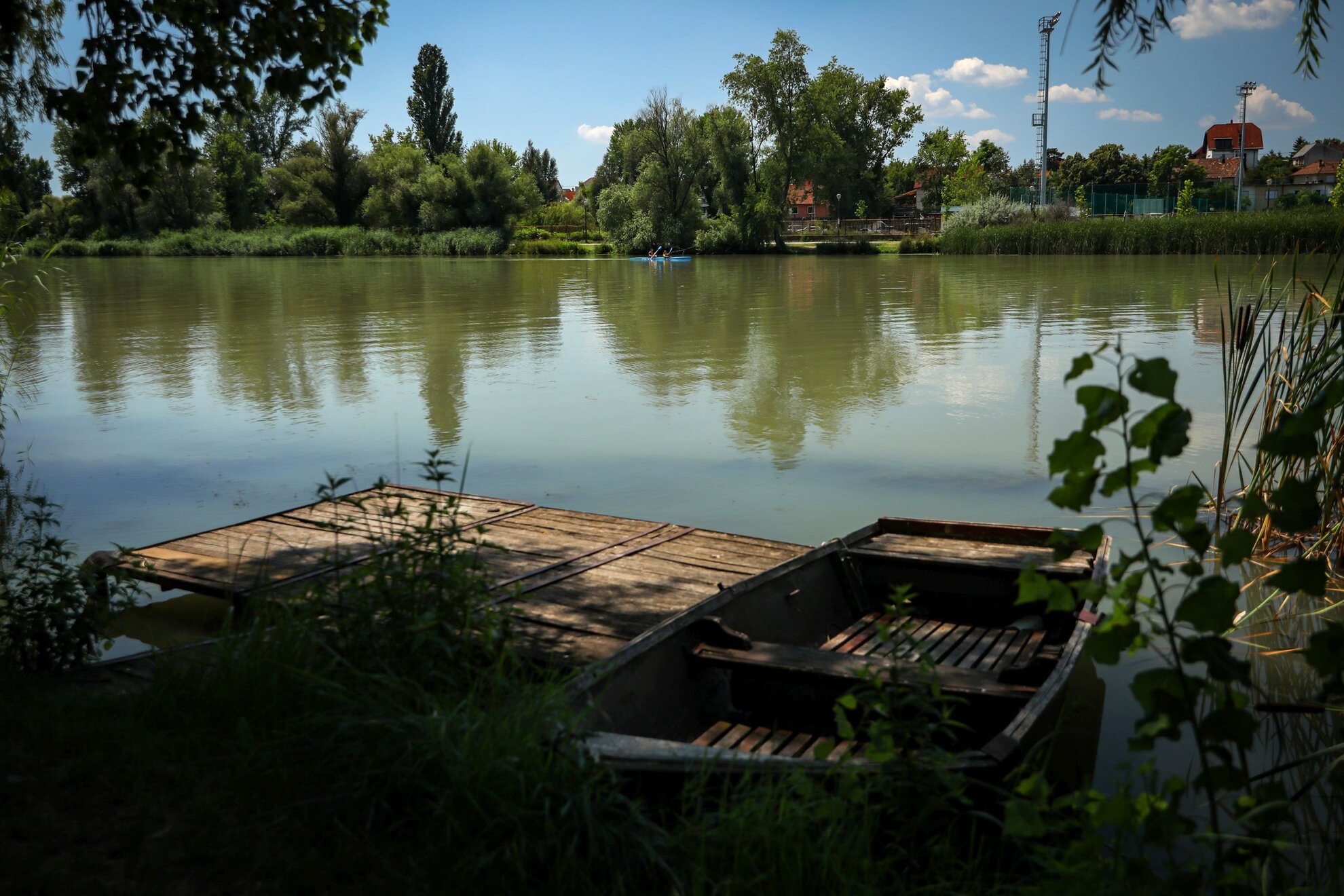
Its history dates way back. It got its name from the fact that there were many mills in the area – molnár means ‘miller’. Rye was grown in Soroksár, which was ground into flour in roughly 50 watermills built here. The island belonged to Soroksár for a long time, then to Pesterzsébet, then to Soroksár again, where it remains today.
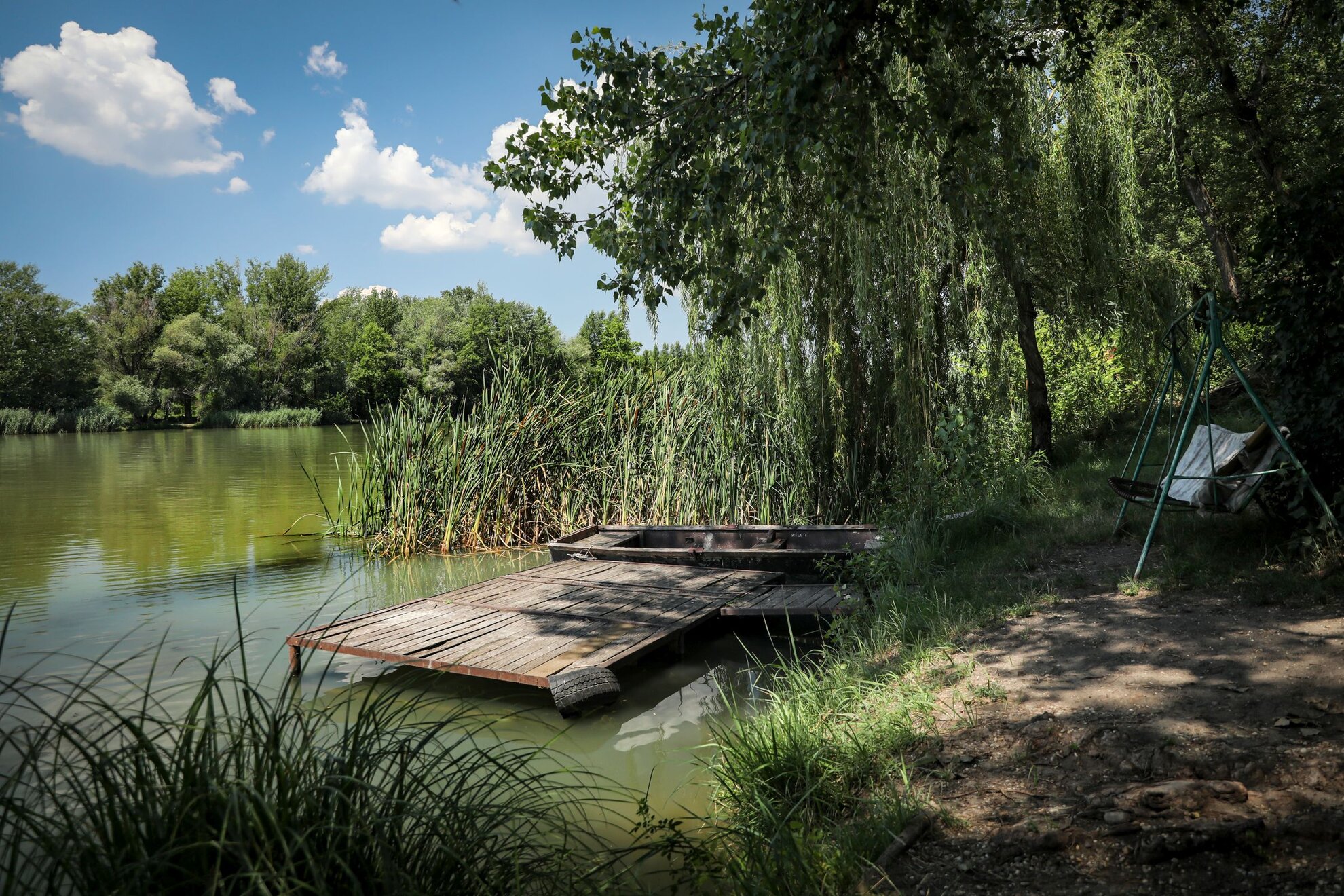
Molnár Island spread over a smaller area in the 1800s than it does today. In addition, due to the unregulated nature of the Danube, it was submerged once a year. This changed as a result of continuous human activity, which led to this narrow branch of the Danube being filled with mud and the island becoming bigger and bigger.
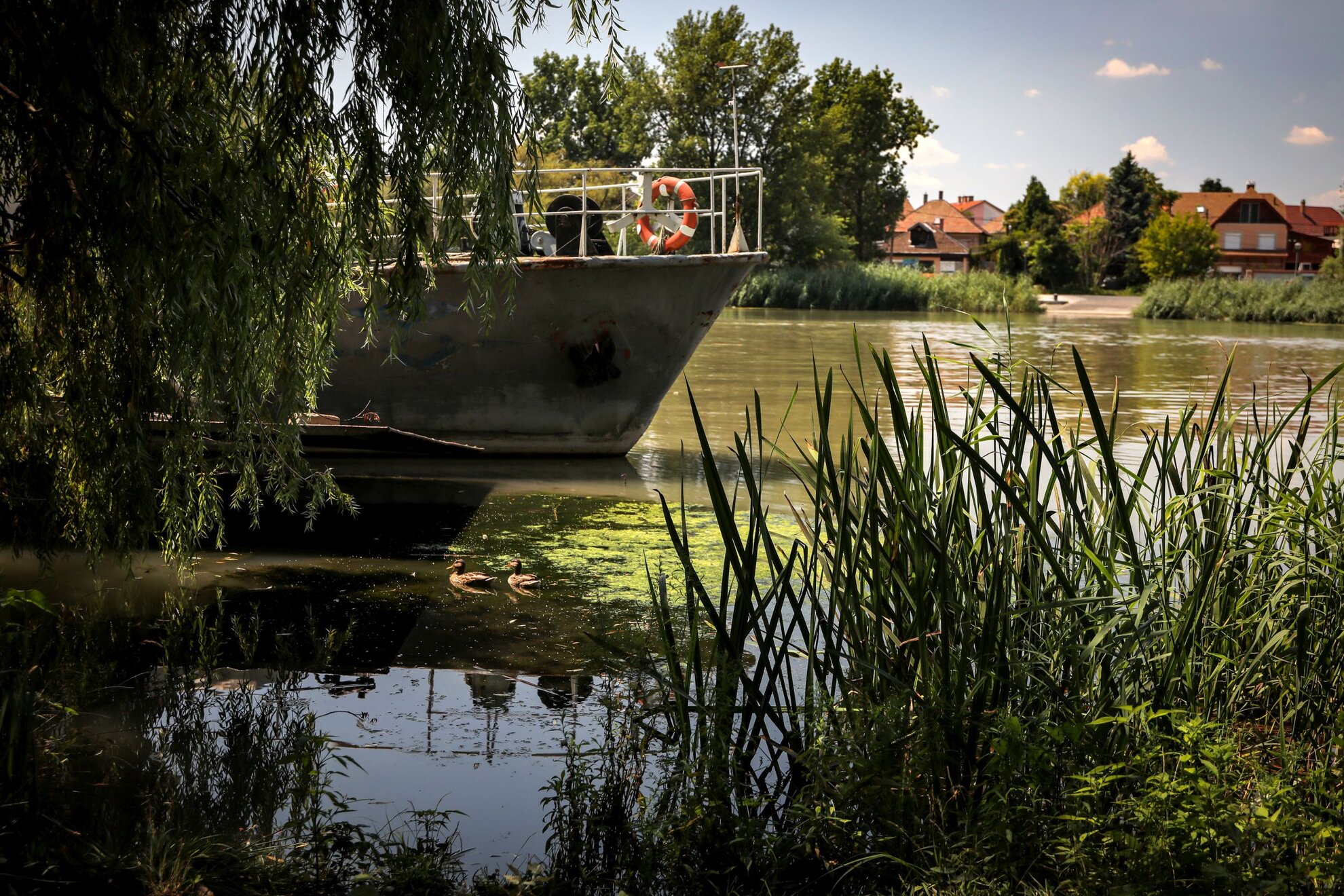
Then city dwellers discovered it for themselves. Since the mid-1960s, more and more holiday properties have been established in these romantic surroundings, and with them, an infrastructure. An electricity grid was built in the 1970s and, a few decades later, around the turn of the millennium, a gas supply. As a result, more and more people moved to Molnár Island, and not only for the summer months, but for the whole year round. Not to mention the hikers, cyclists, rowers and nature lovers who visit the island at weekends. It’s the ideal mini-break on Budapest’s doorstep.
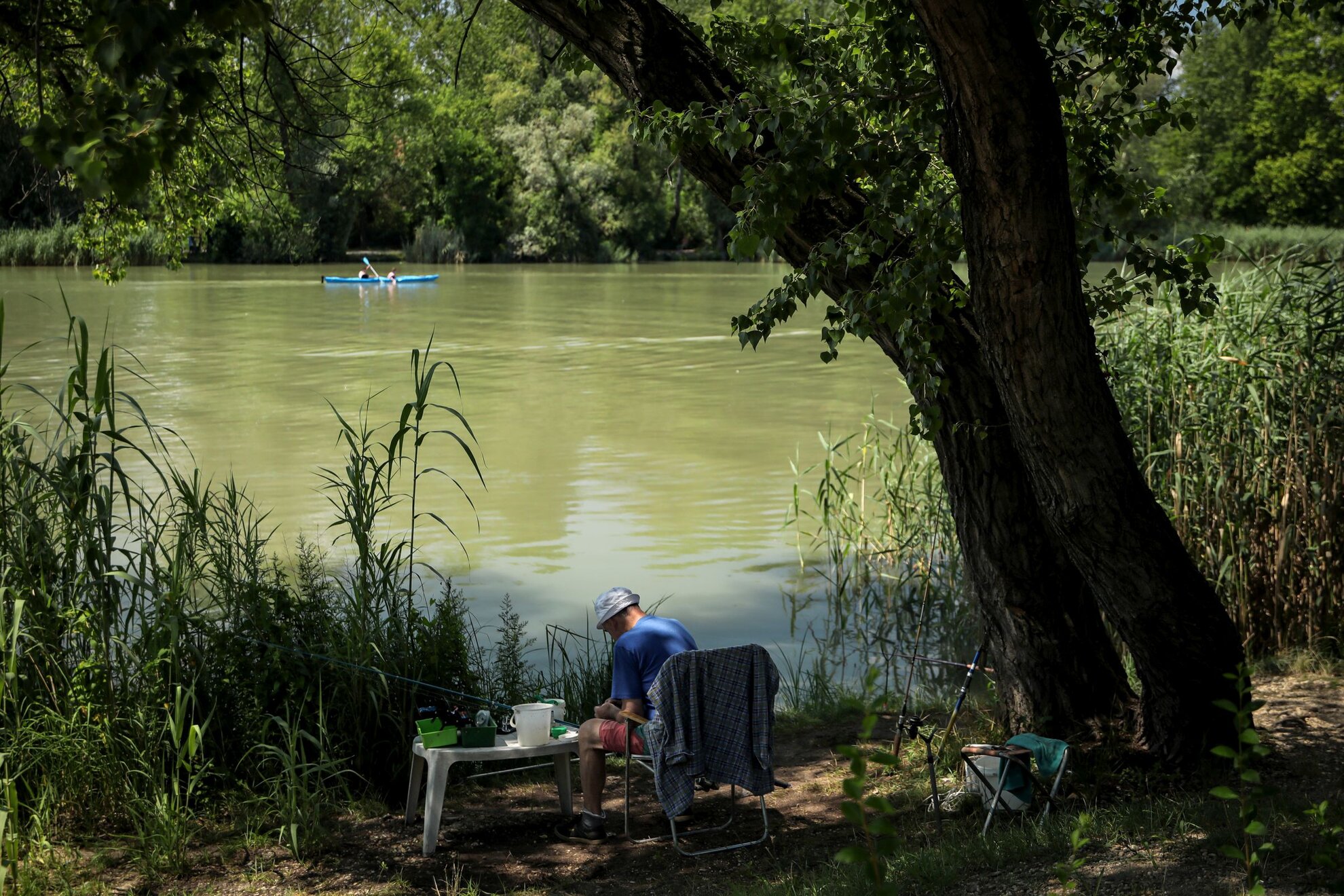
The great advantage of Molnár Island is that it is not located next to the city, but actually in it. It can be reached by bus 66 from Határ út or by HÉV from Közvágóhíd, to Soroksár, Hősök tere. And if you are already on Csepel, you can also reach Molnár Island with the half-hourly D-14 ferry service. Of course, the easiest is by bike.
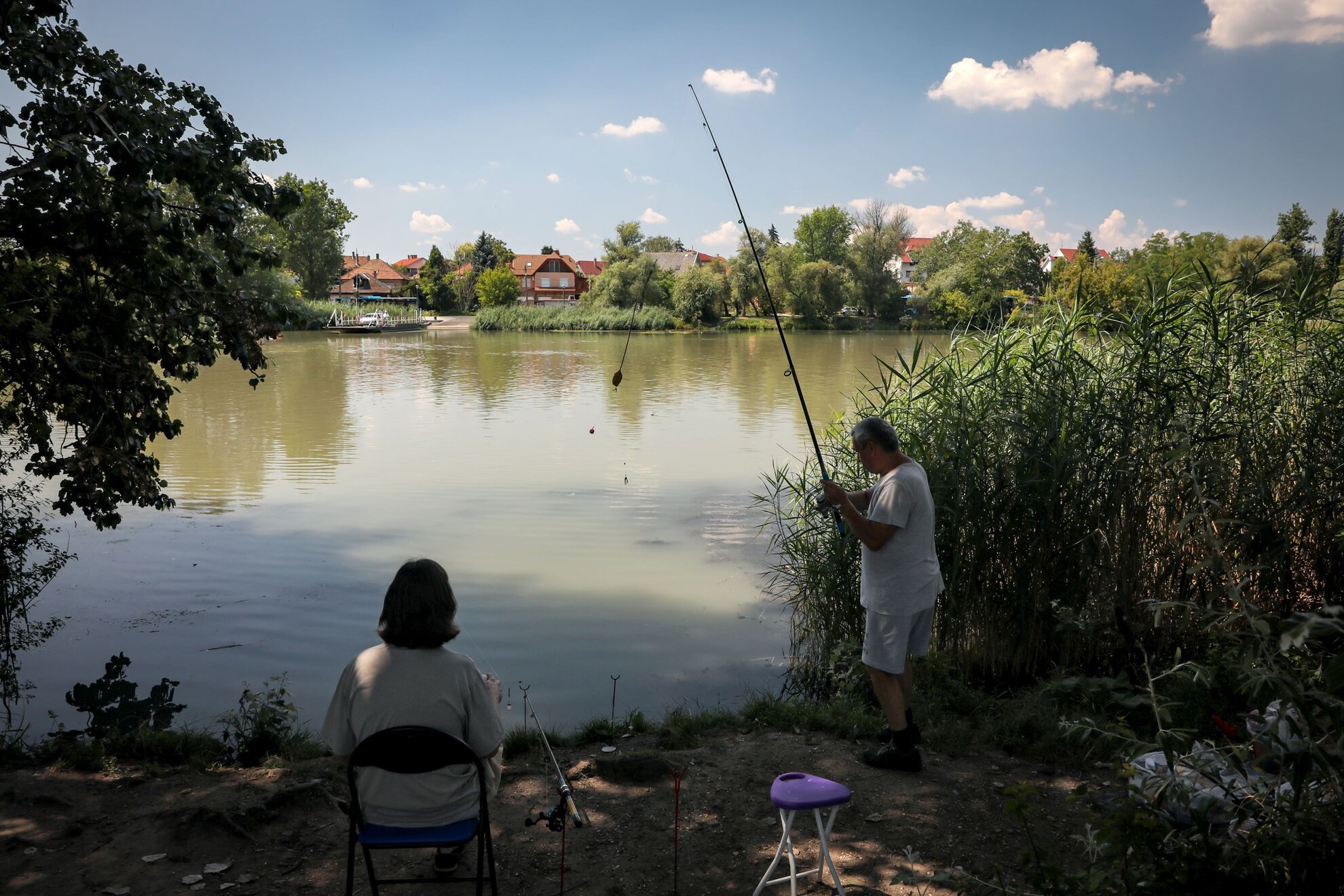
The picturesque atmosphere of Molnár Island feels like walking among the reeds around Kis-Balaton, the marshy estuary beside Lake Balaton. Until the early 1960s, the island could be approached over a wooden bridge, which was replaced by a much stronger reinforced concrete one, now connecting this separate idyll to the mainland. Privacy is major plus.
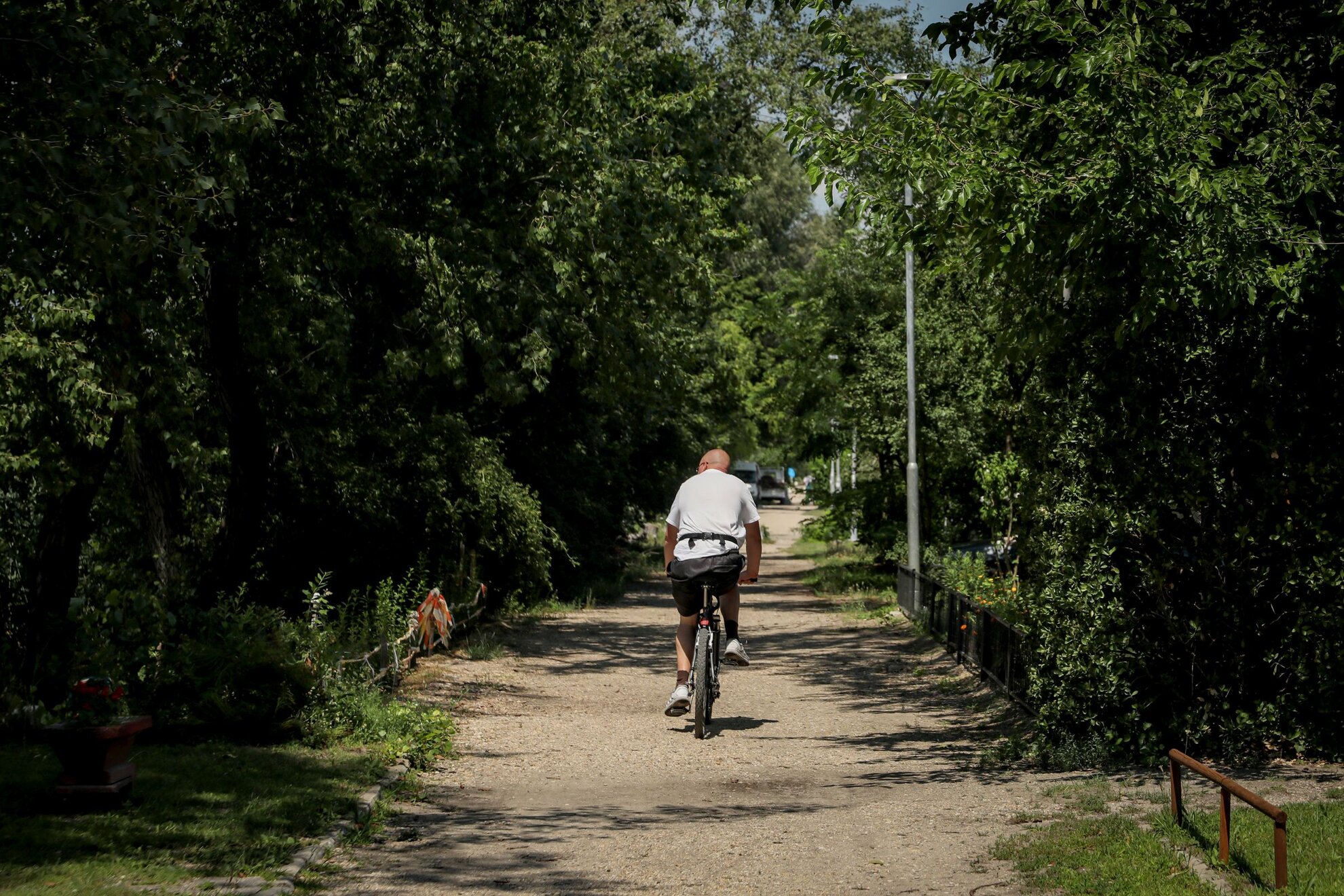
River waters densely overgrown with reeds, quiet dirt roads, woods, bushes, tranquillity and plenty of waterfowl await. And if, for something more active, the Fairy Garden children’s playground, ping-pong tables and a small football pitch are clustered towards the south end of the island, near the ferry quay.
